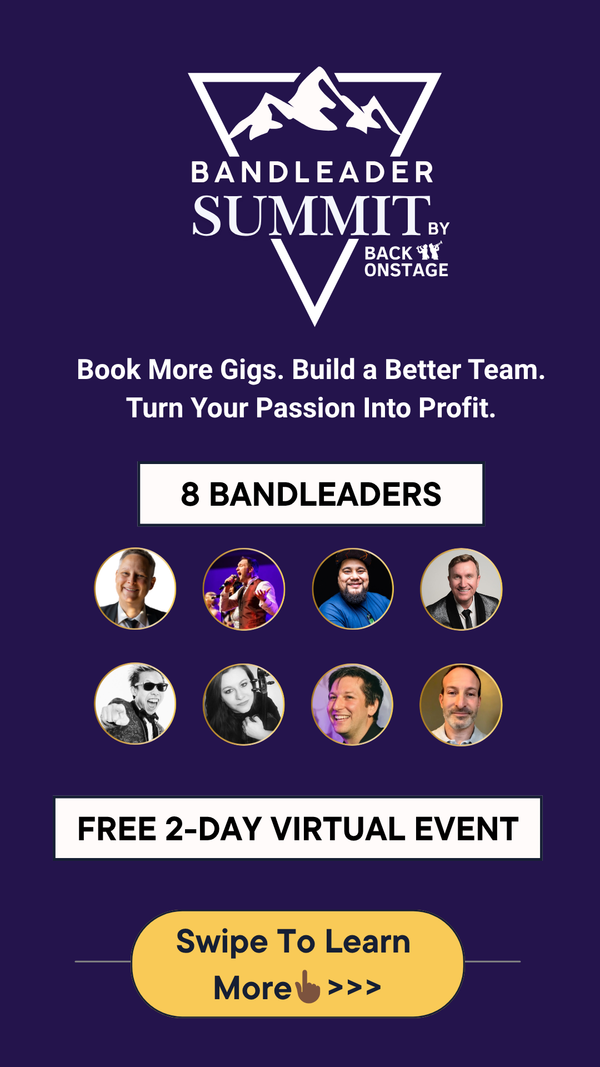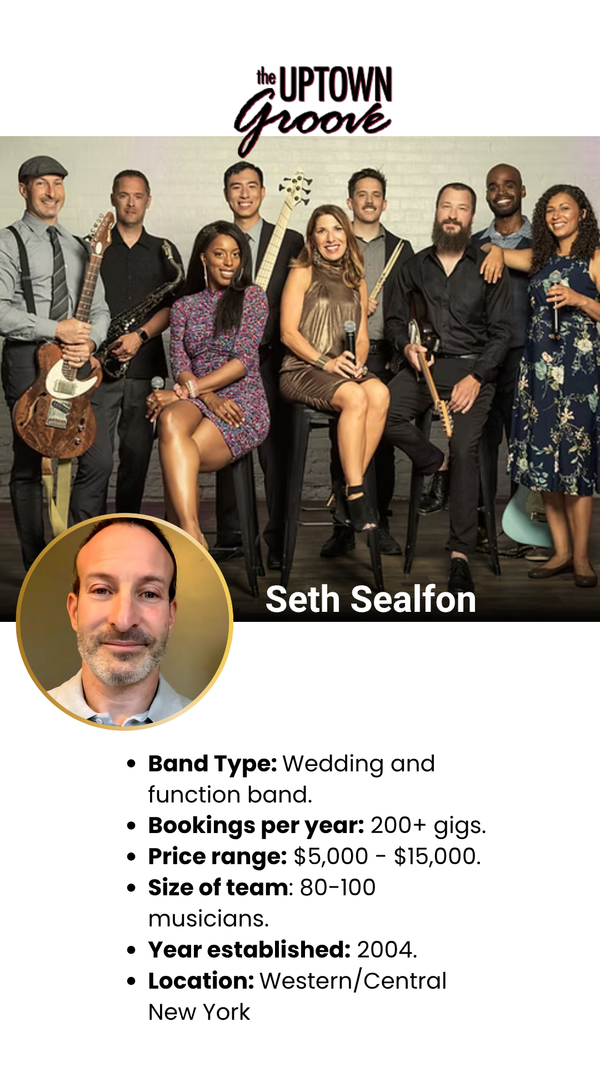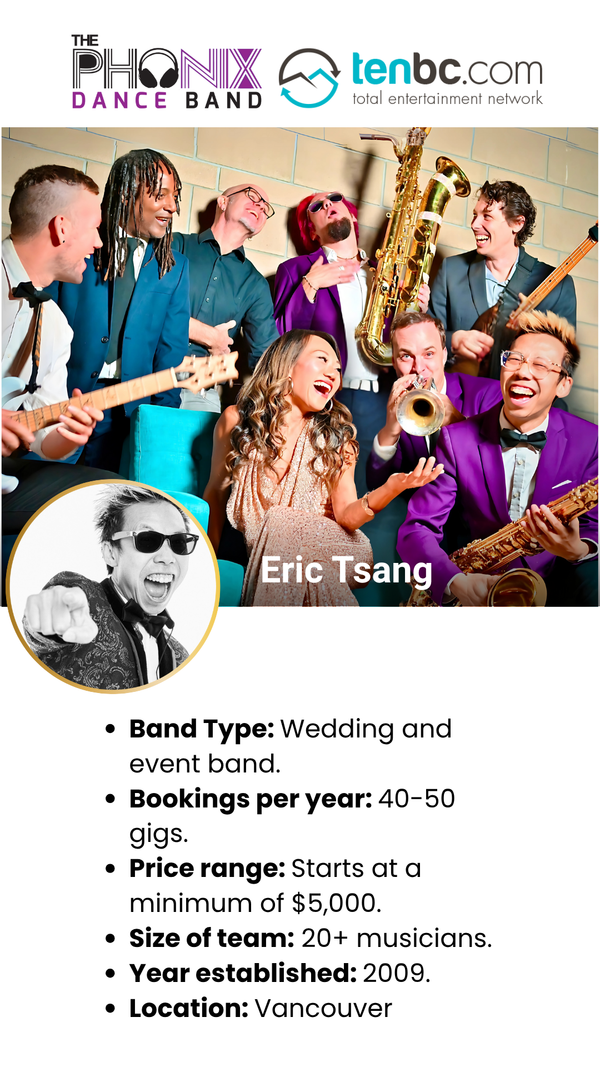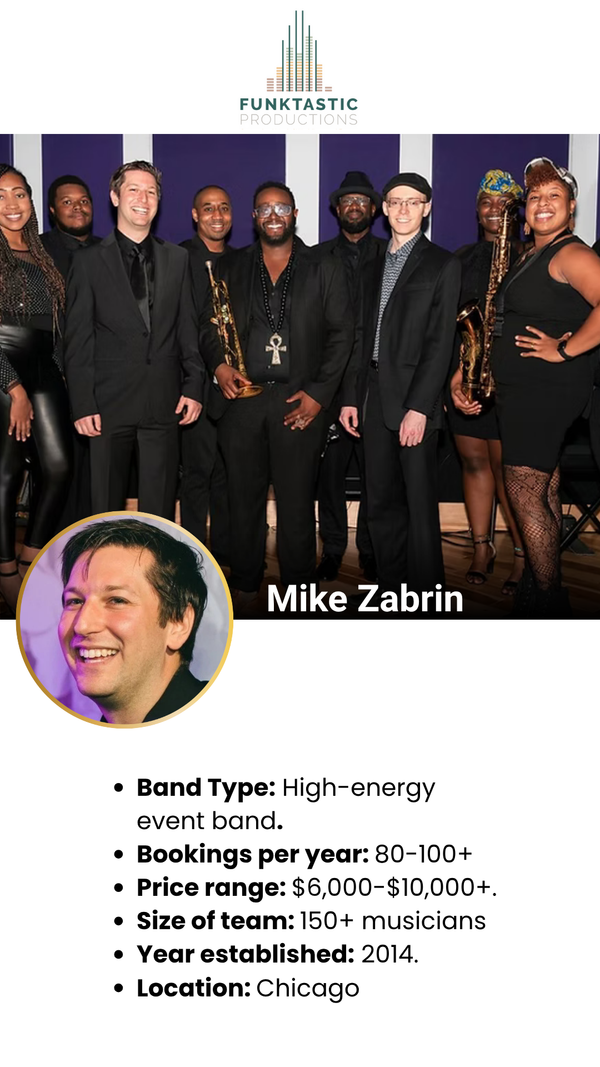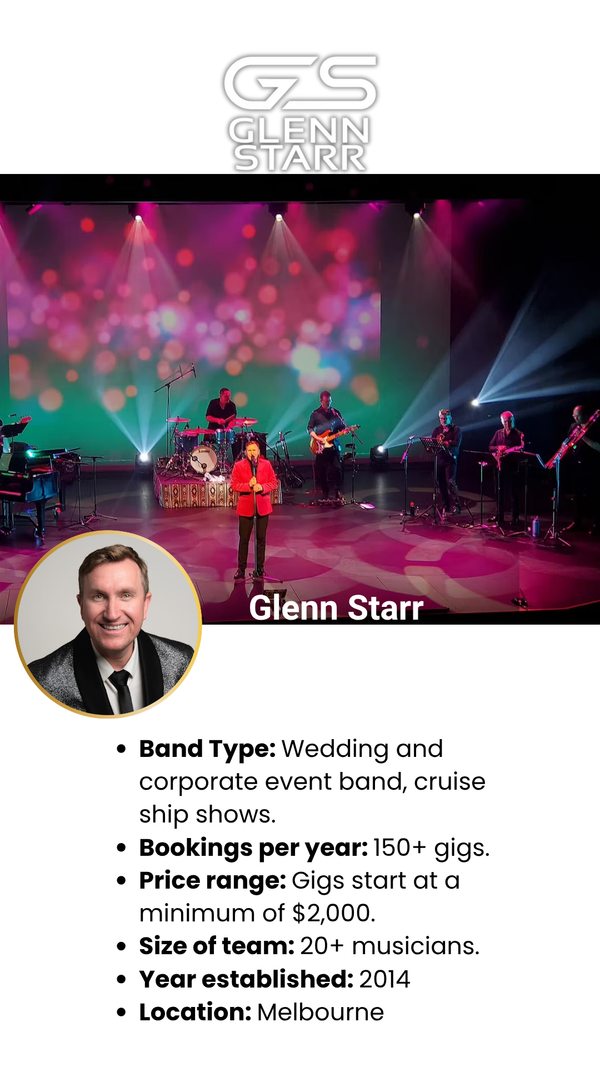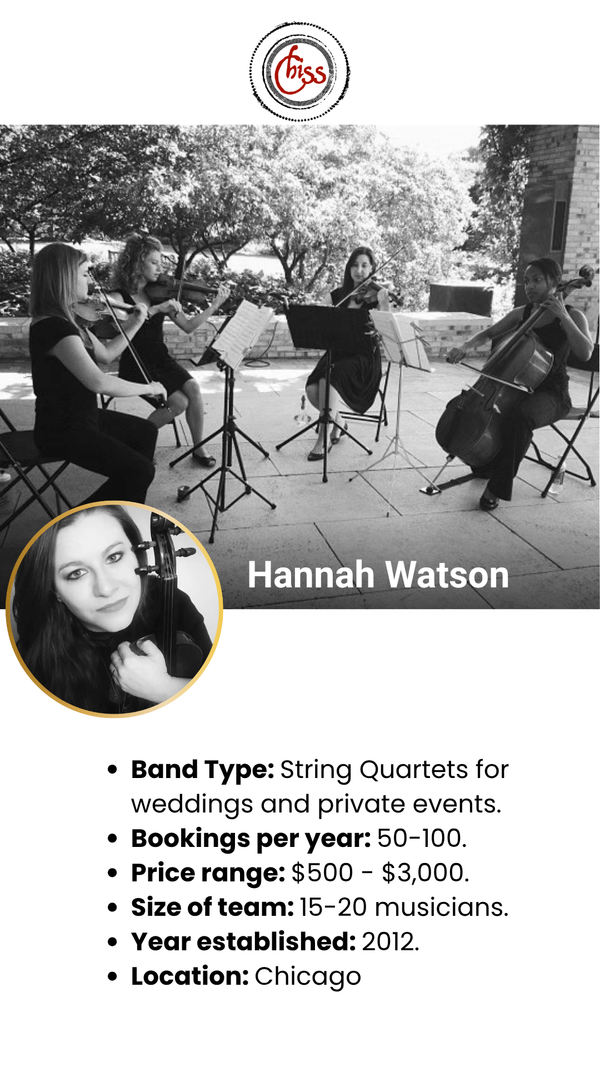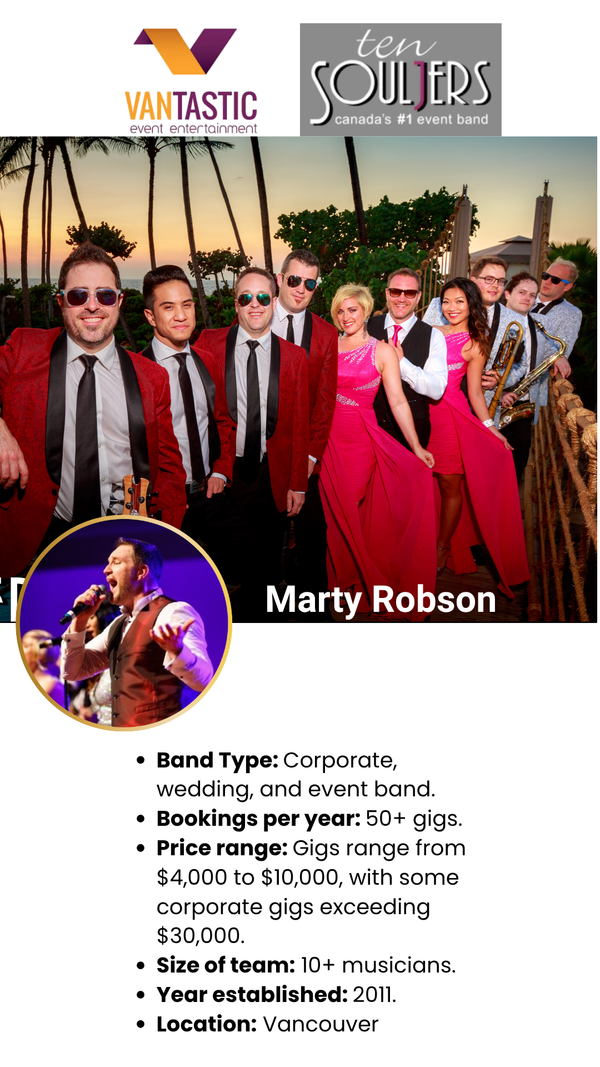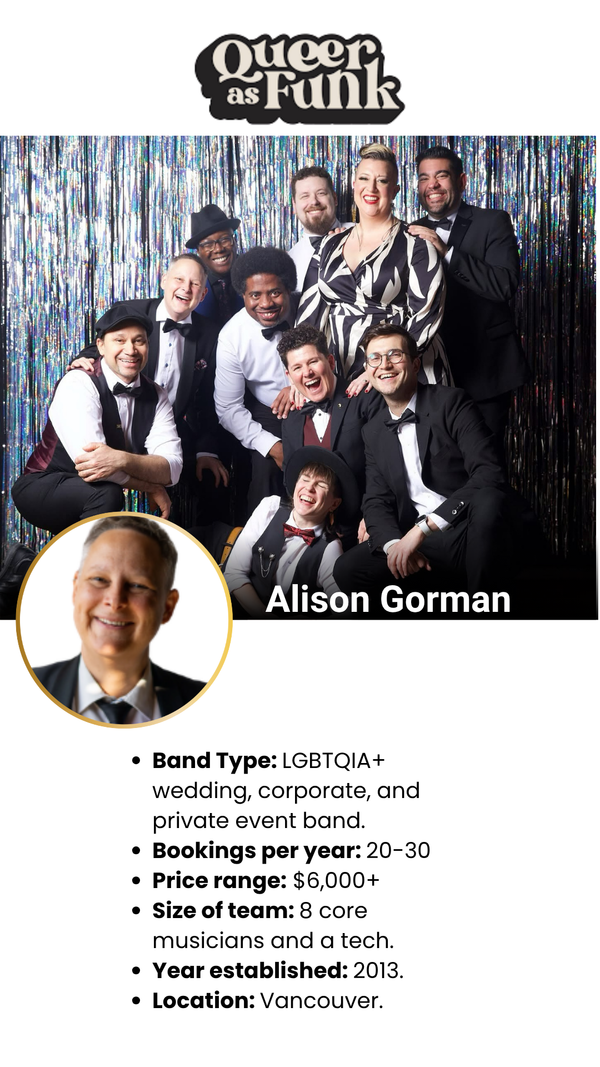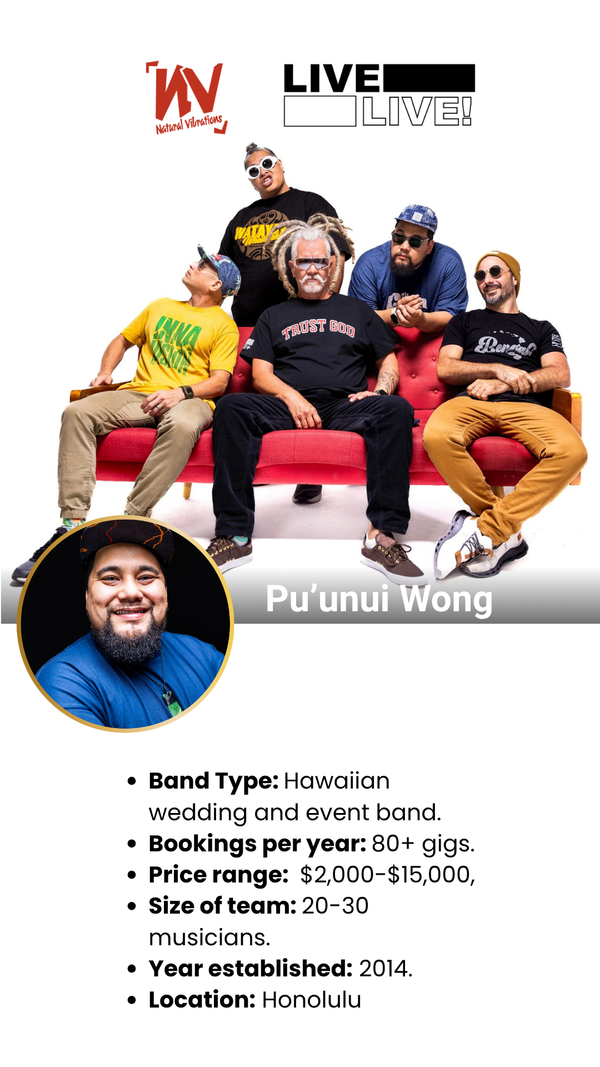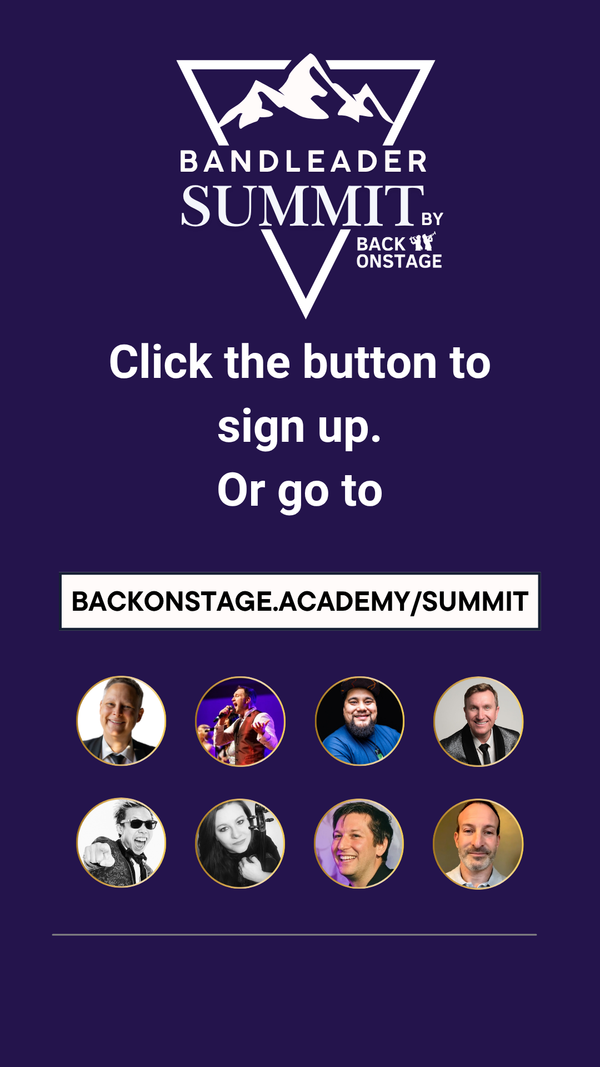How To SEO for Musicians and Bands

Unless you are an off-the-grid-punk band with a mindset of, "I play music, why should I care about SEO or being online?" you need an online presence. Period!
What is SEO, you ask? It stands for “Search Engine Optimization.” It’s the process of refining your website’s content (text, page titles, and images) to include keywords and keyword phrases via conversational copywriting so that search engines can understand your site’s purpose and determine its value to a search user. More valuable websites rank higher on search engine results pages (SERP), which means they get seen more and get more traffic. Your site needs traffic if you want it to effectively market your band. So, SEO is VERY important for your online success!
If your band is serious about growing your fan base, you need a website to communicate with them. How else will they know where you will play next or get the latest tracks you laid down? Think of your fan base as a cool underground spring, and each optimized social link and website page as a tree root. The more roots you have in the spring, the faster your tree grows.
But, SEO for musicians and bands is different than for products or services. In this blog, we'll show you why optimizing your website and posts are essential to building a solid fan base and why it's different from almost any other online search.
Why Do Bands or Musicians Need SEO?
Remember what SEO is. It means Search Engine Optimization. It's marketing 101. By "optimizing" your website, you make it easier for people to find you and your music. Let's say you are searching for "Music artist management automation". The search engines will return search results with all or most of the words in your search.
But SEO for musicians and bands is different. People don't find your group the way they look for shoes or headphones. Think about when you bought something online. You searched for the brand name, found the search results page (SERP) with a list of products and websites. Then you clicked on a link and purchased your item. That's the simplified way most people search and buy online.
For bands and musicians, it's just the opposite. People don't look for a specific musician or band until AFTER they found them another way, such as a live event, social media, or a music app like Pandora. It's after they experience the music that they search to learn more about the band, not before.
SEO Best Practices for Bands
Optimizing your website starts by using a URL (aka domain name) that uses the band's name, YourBand.com. Keep it clean and short. Add keywords that fans will likely use when searching for your music.
You want to work in as many natural keywords into your blogs and website as you can, such as:
- Musician's name + Instrument or role
- Song titles if you have original music
- Album Names
- Upcoming venues, events, and dates
- Your original lyrics
- Interviews and public appearances
You need to consider your band's name as your "brand" and any related words, such as band member names or song titles, as branded keywords. The more brand keywords you use, the easier it is for people to find you.
What Exactly Are “Keywords”?
Keywords, keyword phrases, or longtail keywords all refer to the words and phrases inside your website’s content that allow search engines to serve your site to searchers. They are the words and phrases that people are actually typing into search engines to find the content they want.
For example, if you were visiting an unfamiliar city and wanted to eat Italian food tonight, you might search Google for “Italian restaurant.” In this case, the “Italian restaurant” is the keyword you are using. Google will serve you up a list of websites that it knows to have the most used and best-placed instances of that keyword in their content. Of course, Google’s search algorithm is much more complex than that, but that’s the basic gist.
Finding the right keywords for each page on your website is an arduous but essential process. Tools like kwfinder.com and ahrefs.com can help, but they all come at a cost, unfortunately. Alternatively, just try to imagine what future fans or clients might search for to find your band or music. Type that into Google and see what you get. Then, scroll to the bottom of the page to see Google’s “related searches.” These are some other keywords that you could consider if they fit.
To illustrate, let’s look at an example for a cover band called The Phonix, from Vancouver, Canada. They are a funk cover band that wants to book wedding gigs. First, we need to identify our target audience and ask what they are looking for. The more precise we can be, the more narrowly-focussed and effective our keywords will be.
So here’s what we’re thinking:
- Target Audience: Brides and Grooms in Vancouver who like funk music
- Possible keywords Phrases: Vancouver wedding band music, funk wedding band
First, we try a search for “funk wedding band” and here’s what we get:

Great! The Phonix band is coming up first. That’s because they have plenty of instances of “funk wedding band” on their website, or at least enough related keywords that Google has deemed them the top result for this search.
But what if they want to get ranked in the top for other keywords too?
When we scroll down to the bottom of the Google results page for that search, we see this:

This is another pile of great keywords that Google thinks relate well to what we have searched for. In other words, these are the phrases that Google knows other people have used to find similar content. If we want to generate more organic traffic for The Phonix, they could create more pages on their website using these keywords.
How to Optimize Keywords for Event Bands
Event bands need to optimize their websites for keywords relating to the types of events they want to get gigs for and their home city, as we saw above.
The event name is the most valuable keyword of them all. If you're playing multiple or recurring events, you'll want to make sure you use the event name in a blog or page title. When fans enter it in the search box, your band will come up more often.
What do we mean by Page Title? Your page title shows up in a few places, and it’s super important that it includes the EXACT keyword you are aiming for.
For example, the blog post you are reading right now is targeting the keyword “SEO for musicians”. You can see it in the title of this blog if you scroll to the top. That big heading at the top is known as the “h1 tag.” Read all about creating the perfect h1 tag here.
Also important is the “title tag.” The title tag is what shows up at the top of your browser window when you are on a webpage. This is also what will appear in search results.

Depending on your website building software, the Page Title and Title Tag might actually be different things and editable in different places. Make sure you know where you can edit both!
Original Bands Have It Easier
Original bands will likely have better luck optimizing for keywords related to their band name, but also for a specific playlist and music categories, like "easy listening," "coffee house playlist," or another style.
Don’t forget that Spotify, Google Play, YouTube, and Apple Music are also search engines. These days, people are digesting music much differently than 20 years ago. No one (or almost no one) listens to full albums anymore. People want music to fill a practical purpose in their life. They want a “work out” playlist or “music to study to.” “Romantic dinner” or “afternoon tea” could also be considerations.
Think about what practical role your music could fulfill in someone’s life and create your own public playlists with appropriate pastimes or activities in mind. Fill the lists with popular music you know and sprinkle in a few of your band’s recordings. Before you know it, people everywhere will be listening to your music.
How Dense Should Your Keywords Be?
Keyword density is the technical term used to refer to the number of times a specific keyword or keyword phrase appears on a particular page. There’s no exact science on this because search algorithms change all the time, but as a general rule, aim for 1% of your page content.
Use this handy Keyword Density Checker tool to help you out and follow this example:

SEO Is Important, but You Write for People
When optimizing your website, you need to give Google and other search bots a hand. They aren't very good at deciphering your music or videos. Write descriptions that tell the search engines what the song or video is about but keep your readers foremost in your mind while writing them.
Title tags and meta descriptions should accurately describe the content to both search engines and human readers.
Metadata – The title and description that you see displayed in Google search results are the metadata someone wrote to tell you what's on the page. Every page on your website must have a well-written meta description.
The rule of thumb here is that the titles should be 70 characters or less, and descriptions around 155. Any longer and they get cut off, especially on phones. Both should be unique to each page on your site and each blog post.
Use this great Google SERP Preview Tool to input our page title, URL and meta description to see how it will display on Google.
Alt Tags – These are like metadata, but they are attached to images and videos. Alt tags describe what the image or video is about, usually in one concise sentence. They make for better user experience by describing images to visitors who are unable to see them and they also help search engines understand what the media is since image files and videos do not contain searchable text. Try to limit them to 125 characters or less.
Link Your Social and Music to Your Website
Your website is the hub, and all your social and media channels are the spokes. Some of the channels on which you should have a presence are:
- YouTube channel
- SoundCloud
- Bandcamp
- Bandsintown
You'll want a link to each page from your website and a backlink from them to the site.
If you have an EPK as part of your website, think about SEO as you write the content. Check out this article, "How to Build a Great Electronic Press Kit For Your Band," for some ideas.
Make SEO Your Top Priority
Do a search for a famous band that you like. Even with a brand-specific search term of the band's name, you'll notice that the SERP comes packed with third party brands, ticket sellers, and businesses. You must compete for your fan's attention through all these distractions.
To help your fans find you, build a mobile-optimized website with each page SEO-friendly. Add pages and blogs that target keywords that will help you. Don't forget to link to relevant music and social pages.
Take SEO seriously, and the search engines will reward you for your efforts by sending new fans to your site. To help you manage all the new gigs, leads, and finances, check out our all-in-one band software, Back on Stage. It's the most comprehensive band management tool you can get.



